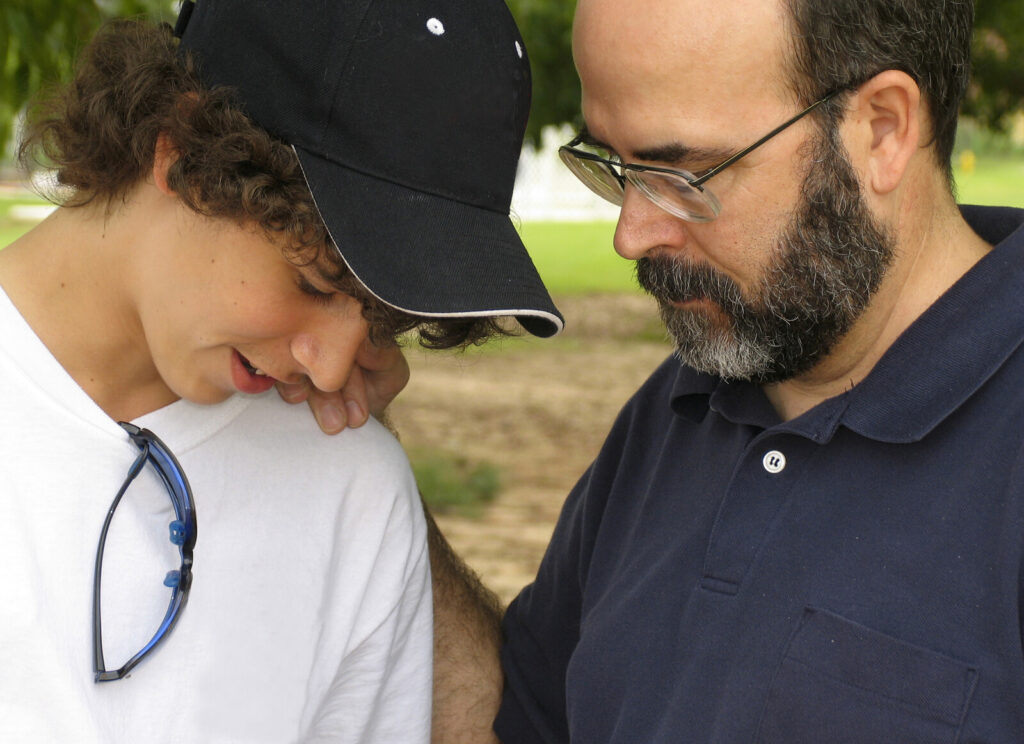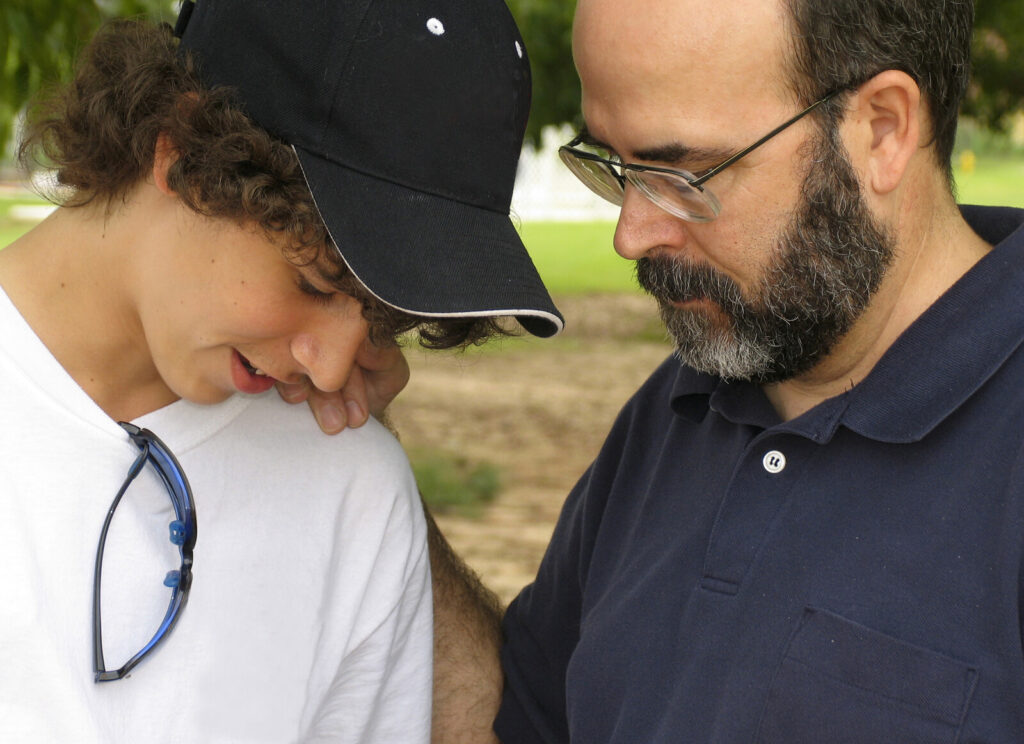
As a parent, it can be difficult to watch your child struggle with failure to launch. It’s a challenging situation that requires careful navigation and support. One approach that has shown to be effective in supporting children in this situation is mentoring.
Mentoring is a process where a more experienced person (mentor) offers guidance, support, and advice to a less experienced person (the mentee). It’s an opportunity for the mentee to learn from someone who has already navigated the challenges they are facing. Mentoring can be an excellent way to help your child build confidence and find their path forward.
If you’re considering mentoring for your child, it’s important to approach the conversation in a supportive and non-judgmental way. Here are some things you might consider saying:
- “I know you’re going through a tough time right now, and I want to help. Have you considered working with a mentor to help guide you through this transition?”
This statement acknowledges that your child is going through a tough time, while also offering a solution to help them navigate it. It’s important to approach the conversation in a supportive and caring manner to help your child feel comfortable with the idea of mentoring.
- “A mentor helps young adults grow through micro-successes, which can be incredibly valuable in overcoming the challenges they’re facing.”
This statement highlights the benefits of mentoring, specifically how a mentor can help your child build small successes that can lead to bigger successes. It’s important to emphasize that these small wins can be incredibly powerful in building confidence and momentum.
- “Working with a mentor doesn’t mean you can’t do it on your own. It just means you’re open to learning and growing, which is a sign of strength.”
It’s essential to address any potential stigma your child may have around mentoring. Many young adults may feel like they’re admitting failure if they seek out a mentor, which can be a barrier to getting the help they need. This statement reinforces that seeking out a mentor is a sign of strength and resilience, not weakness.
- “I’m here to support you in finding the right mentor. Let’s look at this mentoring program “Mentoring Young Adults” and see if it might be worth trying out”
Offering to help your child find a mentor can be incredibly helpful. It shows that you’re invested in their success and that you’re willing to be a partner in the process. Together, you can research our program and make sure that it could be a good fit for your child’s needs.
In conclusion, supporting a child through failure to launch can be challenging, but mentoring can be a powerful tool in helping them build confidence and find their path forward. By approaching the conversation in a supportive and non-judgmental way, emphasizing the benefits of mentoring, and offering to help identify potential mentors, you can help your child get the support they need to succeed.
When you a ready to see if Mentoring Young Adults is the right step for you, click here.

